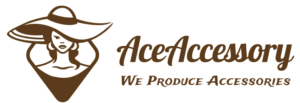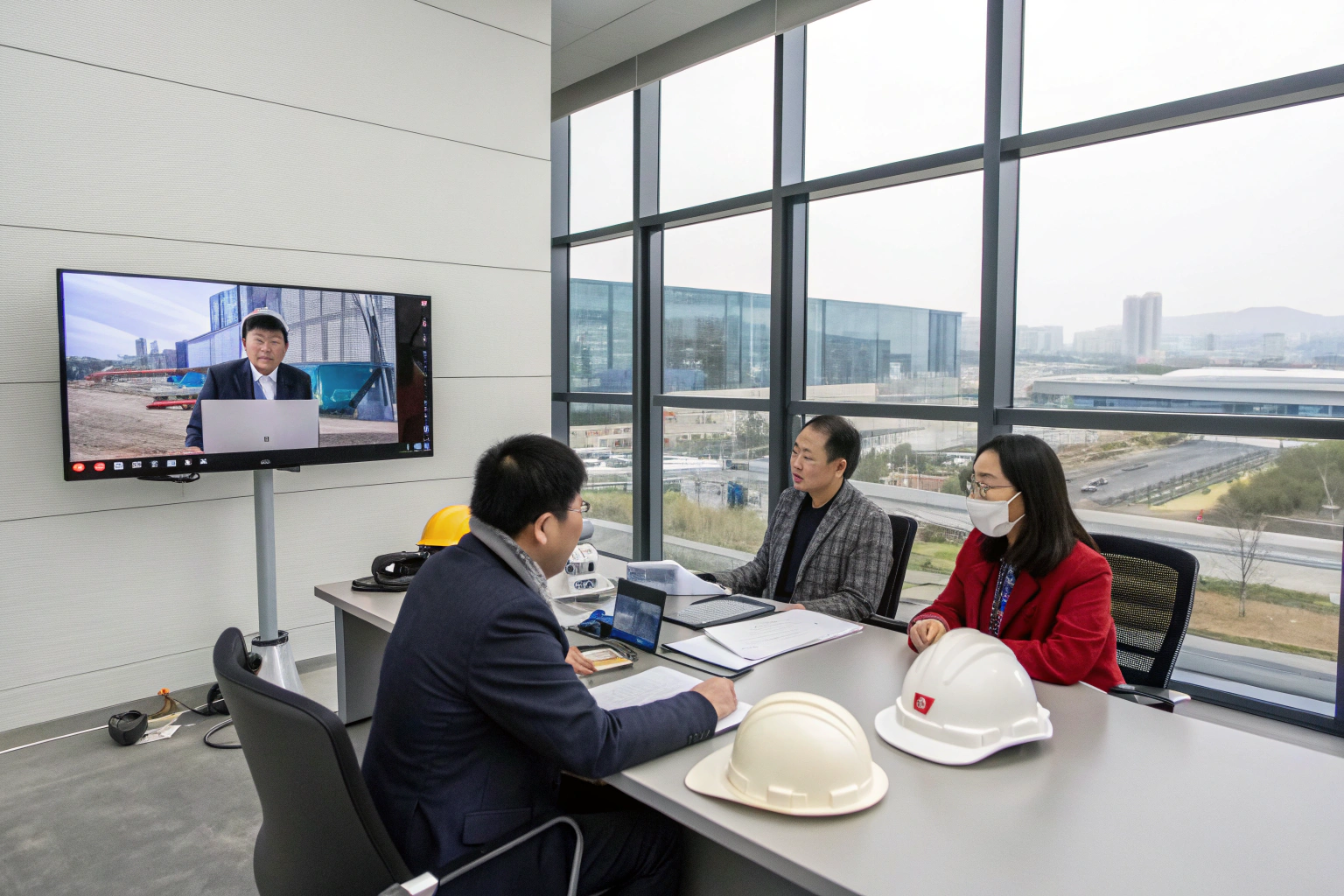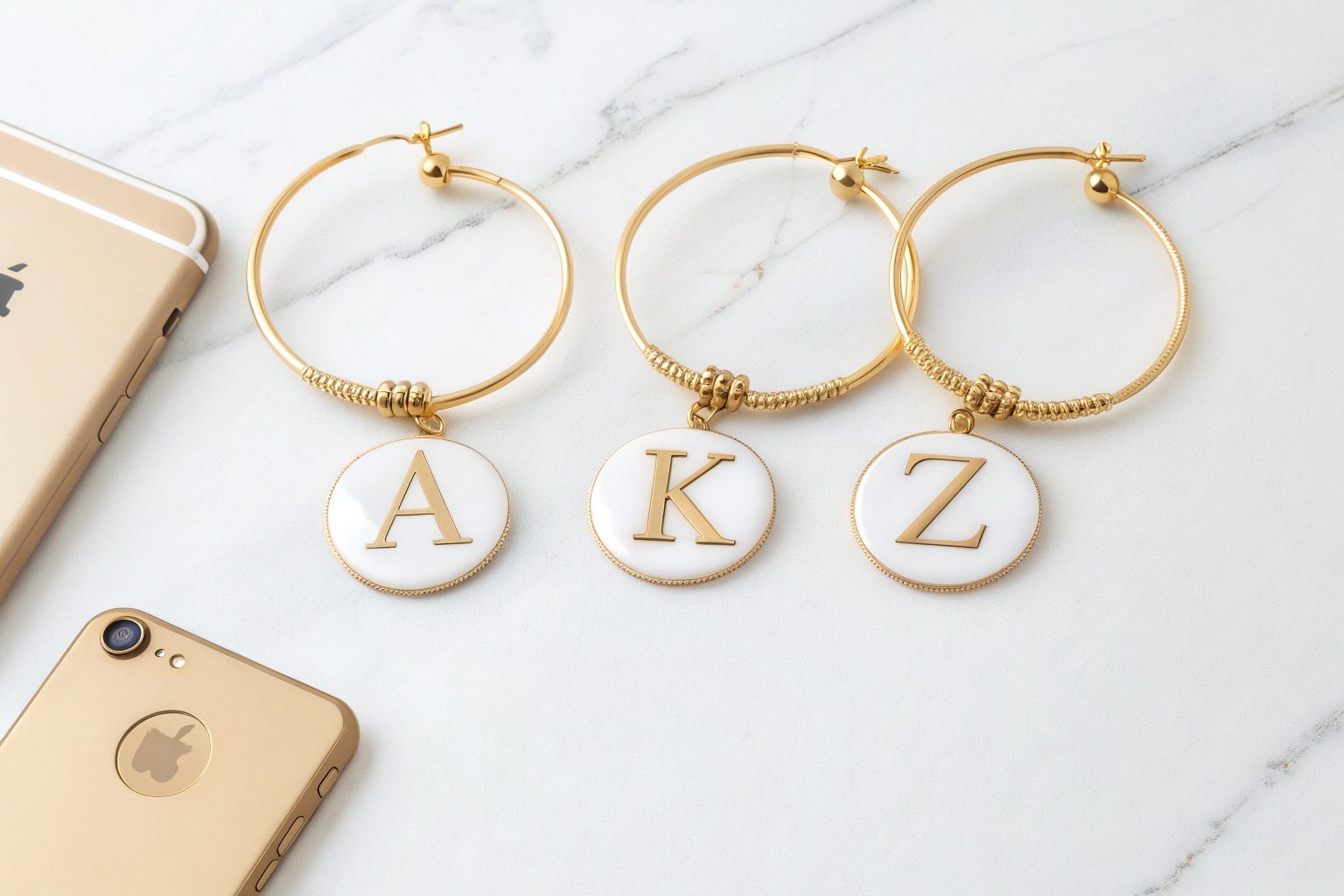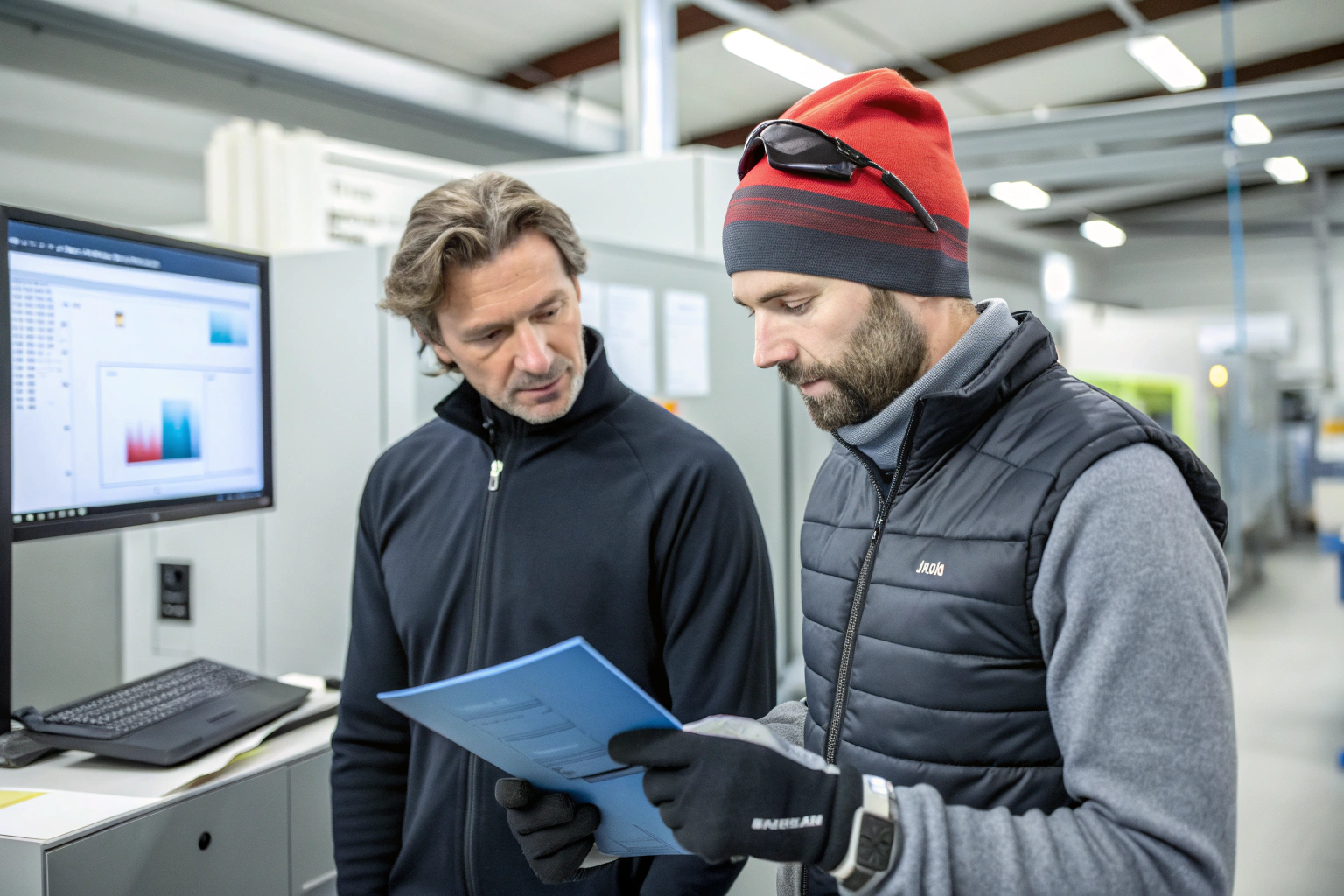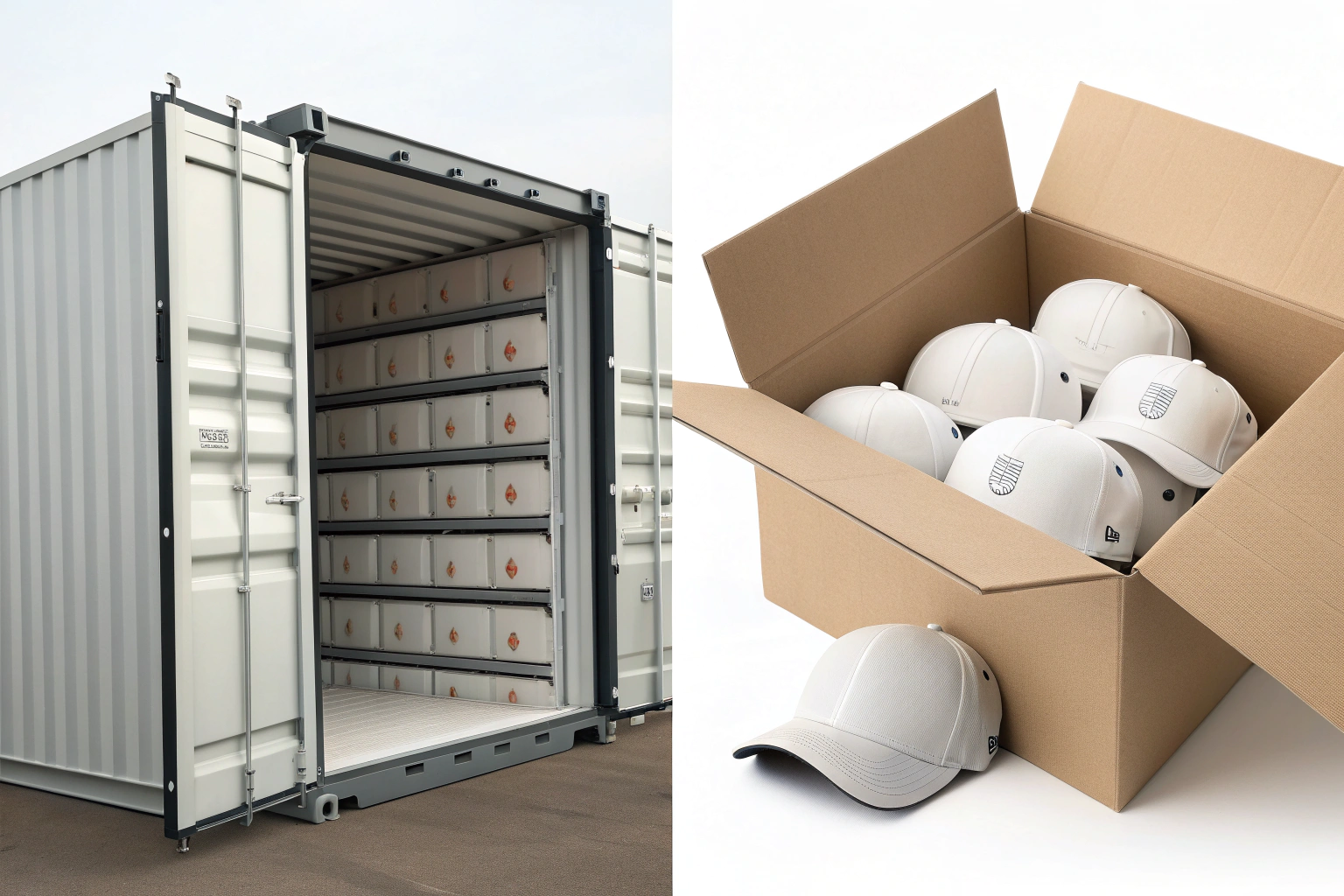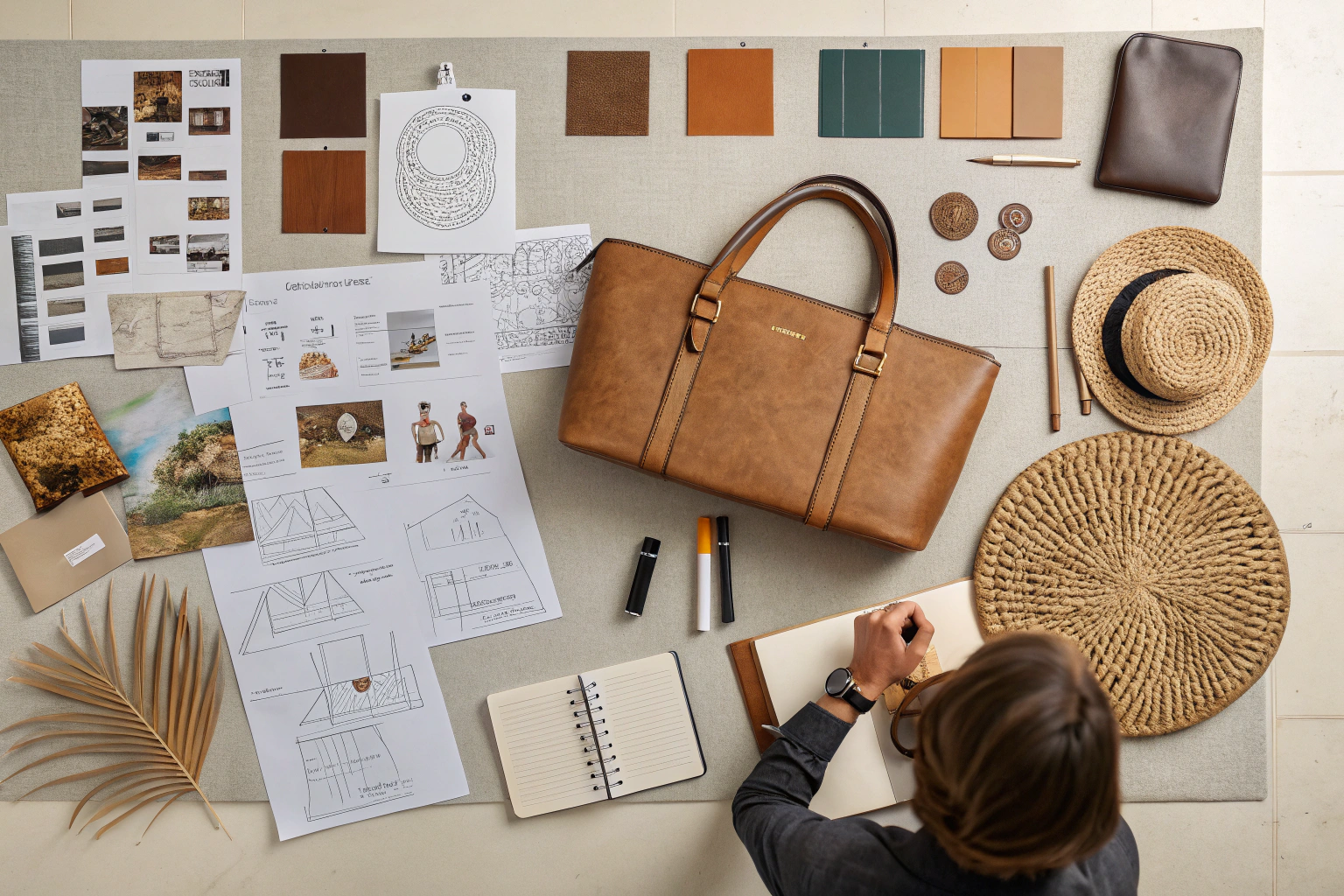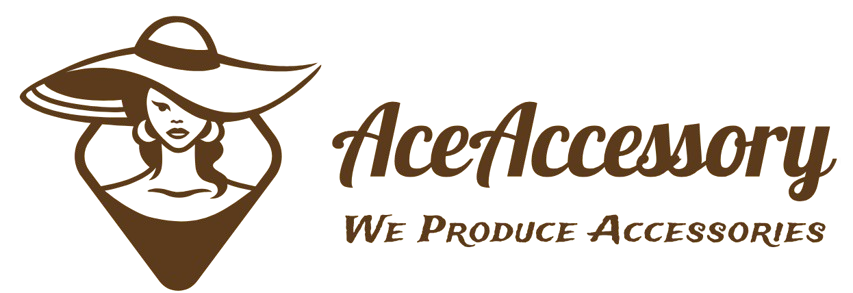When it comes to sourcing accessories for the home decor market, many buyers face the same dilemma: how to find the right supplier who offers both quality and reliability. For brands, retailers, and importers, poor supplier selection can lead to missed deadlines, high costs, or even reputational damage. This makes sourcing one of the most critical steps in building a profitable accessory business.
The best practices for sourcing accessories in the home decor market include focusing on product quality, working with professional manufacturers, ensuring efficient logistics, and building strong supplier relationships. These practices allow businesses to reduce risk, control costs, and consistently deliver stylish, high-quality products to their customers.
As an exporter based in Zhejiang, I have seen firsthand how these strategies help both large and small buyers navigate the sourcing process. With the right approach, sourcing becomes less of a challenge and more of an opportunity to gain a competitive edge in the market.
How to Ensure Quality Control in Accessories?
Sourcing accessories without proper quality control often leads to costly returns, wasted time, and customer dissatisfaction. Many buyers face this problem when they rely on suppliers without structured inspection processes.
To ensure consistent quality, buyers must work with suppliers who have a professional QC team, clear testing standards, and transparent inspection reports. This guarantees that every accessory—from hairbands to scarves—meets the required standards before shipment.
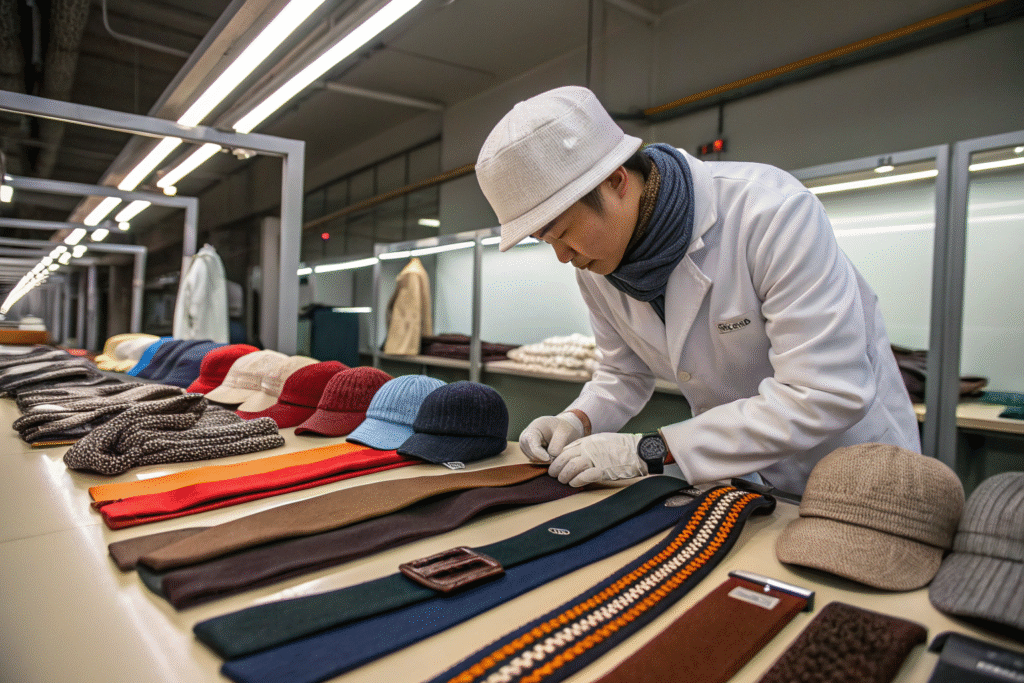
When we manage QC in our factory, we not only check raw materials but also carry out in-line and final inspections. Buyers can also request third-party inspections, which add an extra layer of security. This proactive approach saves costs in the long run and builds trust between brands and their customers.
What role do third-party inspections play?
Third-party inspections act as independent verification for buyers who want unbiased results. Platforms like SGS and Bureau Veritas are widely used by global importers to validate product quality. By using these services, buyers gain confidence in their supply chain and reduce disputes.
How can technology improve QC?
Digital tools like QIMA offer online inspection management, allowing buyers to track results in real time. Combined with factory-based systems, such platforms provide transparency and speed. This integration of technology strengthens supplier relationships and keeps production on schedule.
Why Is Supplier Communication So Important?
Poor communication with suppliers often causes shipment delays, misunderstandings in product design, and unnecessary conflicts. Many American and European buyers identify communication as their top pain point when working with overseas suppliers.
Strong communication ensures that both buyers and suppliers share the same expectations about design, timelines, and costs. Clear updates reduce risk and make sourcing smoother.
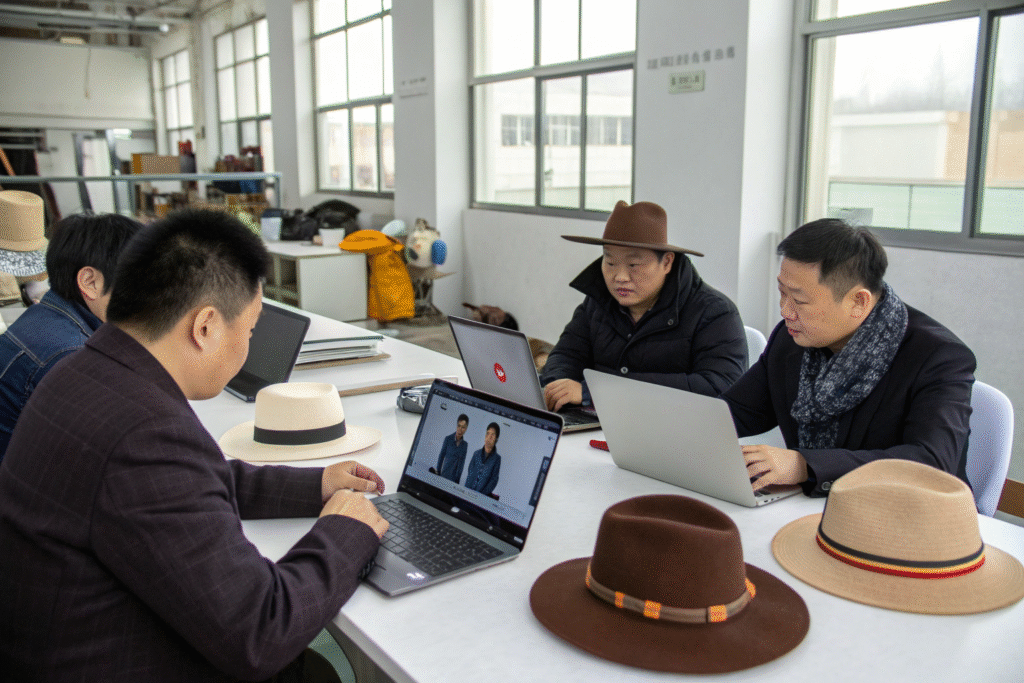
In our experience, assigning a dedicated project manager for each client eliminates confusion. Buyers get timely updates, quick responses, and professional handling of any issue. This practice leads to stronger partnerships and better long-term results.
How does clear communication prevent delays?
Regular reporting and video updates through tools like Zoom or Microsoft Teams allow suppliers and buyers to resolve design or production issues early. This prevents last-minute surprises and ensures shipping schedules stay intact.
Which platforms improve supplier collaboration?
Professional sourcing platforms like Alibaba and Global Sources provide structured communication systems. Buyers can track quotes, orders, and samples, keeping all records in one place. This avoids confusion and strengthens accountability in the sourcing process.
How to Manage Logistics and Shipping Risks?
Even when quality and communication are perfect, logistics can make or break an accessory sourcing deal. Delays in shipping, unexpected tariffs, or customs clearance issues can impact profitability and brand reputation.
The best practice is to plan logistics early, work with experienced freight forwarders, and confirm shipping methods that balance cost and time. A proactive logistics strategy prevents last-minute risks.
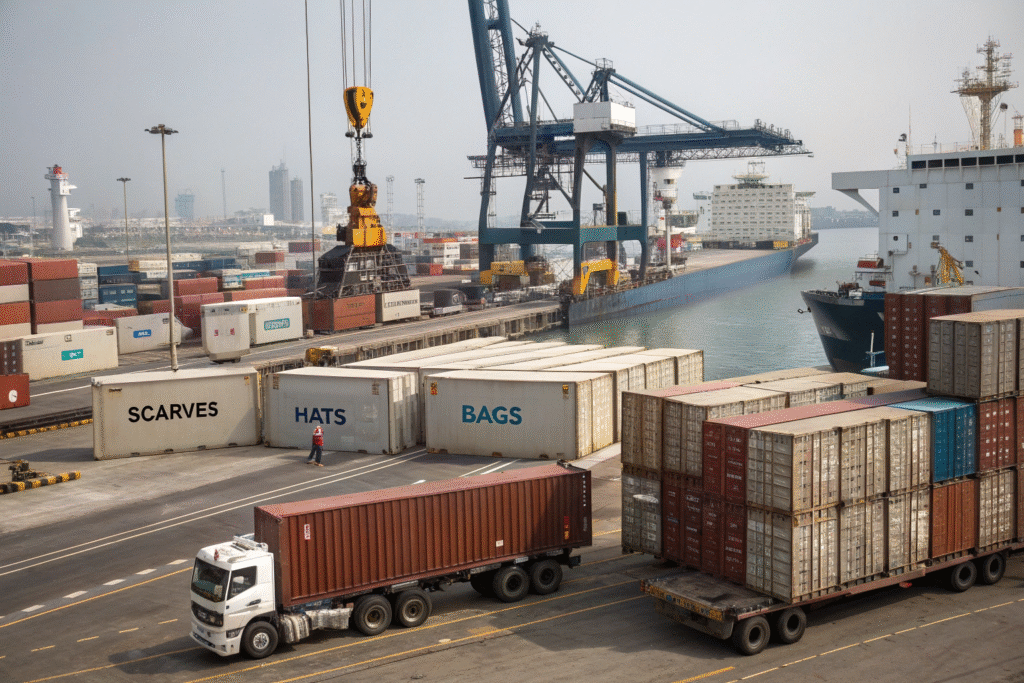
Our factory supports both sea and air shipping, with customized packaging and labeling to meet retailer requirements. We also help clients with customs clearance, which minimizes stress on the buyer’s side.
What are the best ways to avoid shipping delays?
Partnering with international logistics companies such as DHL or Maersk ensures reliable schedules. These companies provide tracking and priority handling, making them ideal partners for time-sensitive orders.
How do tariffs affect accessory imports?
Many U.S. importers worry about tariffs. One strategy is to work with suppliers in China who can manage export paperwork and advise on HS codes. Websites like U.S. Customs and Border Protection provide guidelines for importers to avoid compliance issues. With the right supplier, buyers can minimize tariff risks.
What Certifications Should Buyers Look For?
Certifications are often overlooked, but they play a key role in the sourcing process. Buyers who ignore this step risk importing accessories that fail safety standards, resulting in costly recalls or fines.
The best practice is to source from suppliers who hold internationally recognized certifications like ISO, BSCI, or SEDEX. These ensure ethical production, safety compliance, and reliability.
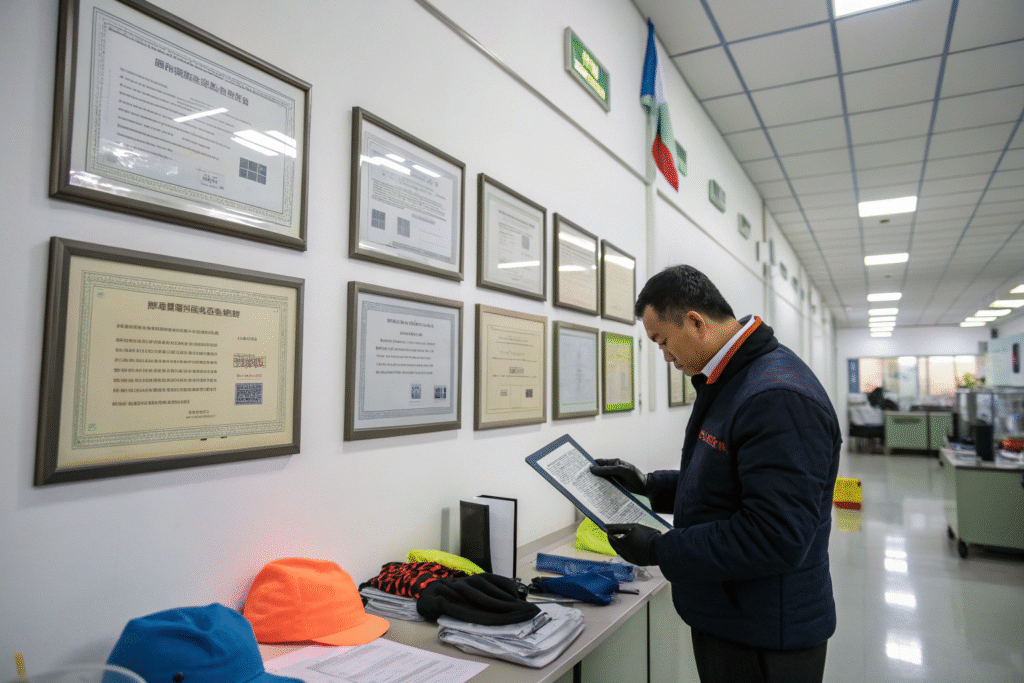
We regularly update our certifications and provide them to clients during the negotiation stage. This helps brands meet retail compliance requirements, especially when selling to major supermarkets and department stores in Europe and America.
Why do certifications build trust?
Certifications like ISO 9001 and BSCI signal that a supplier follows global standards. Buyers can confidently showcase these certifications to their stakeholders, knowing their supply chain is compliant.
How can buyers verify certificates?
Buyers can cross-check supplier claims using online databases provided by organizations like Sedex. Verifying certificates ensures authenticity and prevents fraud. By asking for updated copies, buyers protect themselves from unnecessary risks.
Conclusion
Sourcing accessories for the home decor market requires more than just finding a low-cost supplier. It is about building long-term partnerships with manufacturers who understand quality, communication, logistics, and certifications. By focusing on these best practices, buyers can reduce risks, ensure compliance, and deliver products that truly stand out in the marketplace.
If you are looking for a professional partner in this field, we at Shanghai Fumao are ready to assist. You can contact our Business Director Elaine directly at elaine@fumaoclothing.com to discuss your accessory sourcing needs and start building a reliable partnership.
